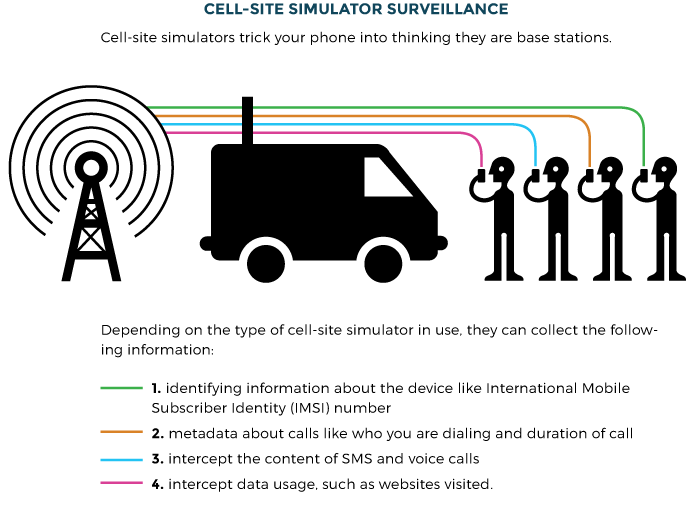Quote" Anyone who doubts that America is well on its way to becoming a police state should watch Do Not Resist, a new documentary available for free download at Amazon.com. Do Not Resist examines the militarization of police. Like the best documentaries, Do Not Resist makes its points by showing, not telling. There is no narrator telling you how what you witnessed makes the case for policy change. The only time the filmmakers intrude is a few factual statements imposed on the screen.
The move examines various aspects of police militarization. One of the things I found startling was the clips of a speech at a police conference where the speaker justified police militarization by claiming that police were on the front lines of the war on terror. This scene was preceded by footage from the Ferguson, Missouri riots that resembled confrontation between U.S. military and civilian populations in Iraq rather than domestic law enforcement.
The speech is followed by clips of a New Hampshire town hall meeting where citizens in a town that has had two murders since 2004 debate accepting a $250,00 grant from Homeland Security to buy military equipment. The opponents of the grant argue getting police equipment built for military operations threaten liberty, not just by increasing the potential for police abuses, but by increasing federal spending on the military-industrial complex.
The way police militarization provides a new "market" for the military-industrial complex is not developed in the movie, but it does spend a fair amount of time on the ridiculousness of small towns arming themselves with military equipment.
The film also provides a look into how militarization affects the mindset of law enforcement. For instance, one police officer discusses how the military equipment is needed to control "unruly" crowds -- note he does not say violent, just unruly. Another LAPD officer says one of the benefits of the thousands of cameras enable them to know when a protest is occurring. Another police office says citizens sacrifice their right to privacy when they go out in public. Citizens just need to hope that the person looking up their information is doing so for the right reasons.
The movie shows an individual whose house was destroyed because the police mistakenly believed a drug dealer was living there. The man is told that he will not receive any compensation from the government for their mistakes. Adding insult to injury, the police confiscated cash the suspected dealer was planning to use to buy a lawnmower.
The film ends with a focus on what is to come. The filmmakers interview the founder and CEO of a company developing surveillance technology that can allow police to identify and track anyone within a certain radius of a crime scene. The CEO states use of his technology cannot just help solve major crimes, but can prevent lower-level crimes -- he never addresses the cost to liberty, or the potential for abuse of his product. He goes on to say he only wants to watch the parts of the world where crimes occur. But couldn't that be anywhere, so doesn't he need to watch everywhere?
The filmmakers also interview a professor who is developing a system to identify people likely to commit crimes. The professor claims his system can even tell if an unborn child is likely to commit a crime by looking at the parents' backgrounds! The professor expresses no concern for the civil liberties implications of his system.
Do Not Resist shows why ending police militarization, and the laws that justify it, should be a focus of the liberty movement. This is why Campaign for Liberty is working to repeal federal laws that support police militarization, as well as working to
end civil asset theft.
The film also shows how laws criminalizing peaceful behaviors lead to authoritarianism. This is why Campaign for Liberty supports ending all unconstitutional laws that criminalizing peaceful behavior. We are also working to stop expanding the federal police state by criminalizing online gambling.
It is particularity important we keep reminding our representatives, such as House Judiciary Chairman Bob Goodlatte, that supporting federal laws
criminalizing online gaming,
drinking raw milk, or other peaceful activities are inconsistent with their pledge to support limited federal government and federalism." End quote









































